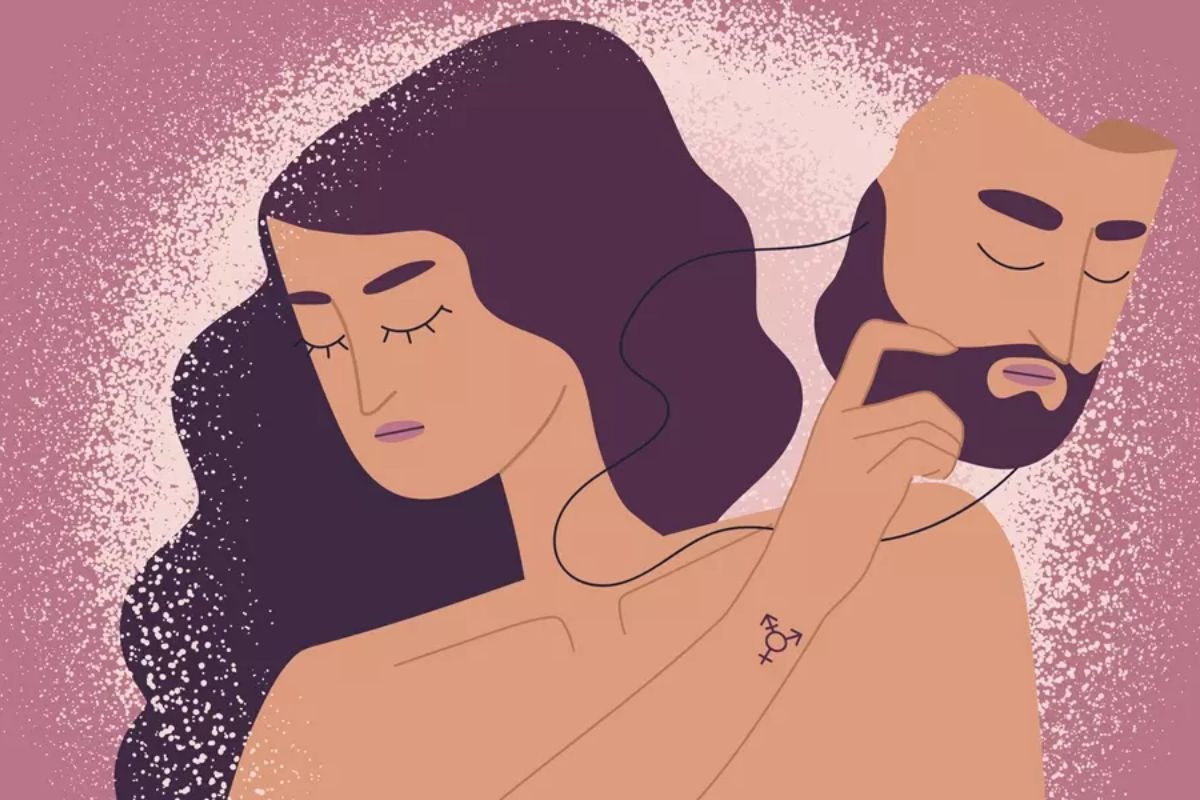Homosexuality: A Red Line for Iranian Families
WANA (Nov 22) – In 2007, Mahmoud Ahmadinejad, the then-President of Iran, made a controversial statement during a speech at Columbia University in response to a question about homosexuality in Iran.
He declared, “We don’t have homosexuals in Iran.”This remark was met with widespread ridicule and criticism. However, the question remains: Was Ahmadinejad outright denying the existence of homosexuality in Iran, or was he alluding to the lack of societal acceptance of the matter?
Iran, a predominantly religious country, is deeply rooted in Islamic principles and the traditional concept of family. Homosexuality and LGBTQ-related issues remain taboo and are generally not widely accepted across various segments of society.
Even among non-religious individuals, many refrain from supporting homosexuality and LGBTQ movements, perceiving them as inconsistent with Iranian cultural norms. For instance, during the protests of 2022 following the death of Mahsa Amini, efforts by some opposition groups to raise LGBTQ issues failed to gain significant traction among the broader protesting community.

Australian Embassy in Tehran: Advocating LGBTQ+ Rights or Crossing Cultural Boundaries?
WANA (Sep 03) – Recently, the Australian Embassy in Tehran has found itself at the center of controversy. The embassy stirred up strong reactions in Iran by hosting a “Wear It Purple Day” event, a day dedicated to supporting LGBTQ+ rights in Australia. The Australian Embassy in Iran posted images of its staff dressed […]
In today’s world, despite global efforts to promote acceptance of identity diversity, Iranian society remains resistant to embracing this matter. This resistance stems from religious beliefs that define human creation based on the binary genders of male and female, viewing them as complementary.
This perspective underscores the importance of family as the cornerstone of society and regards deviations from these principles as threats to social order. Iran’s Supreme Leader, Ayatollah Ali Khamenei, has also described homosexuality as “shameful” and “contrary to human welfare and creation.”
In Western societies, support for LGBTQ rights has expanded to promote equality and respect. The World Health Organization has even removed LGBTQ identities from the list of mental disorders. This is even though, genetically, humans differ in terms of X and Y chromosomes and, hormonally, in testosterone and estrogen levels.
Some critics argue that these movements have now gone beyond seeking recognition and are undermining institutions such as the family. Slogans like “We’re coming for your kids” have raised concerns among opponents about the future of these cultural shifts and their impact on coming generations.

LGBTQ+ Society parade. Social media/ WANA News Agency
In Iran, LGBTQ issues face legal restrictions. However, transgender individuals, upon receiving approval for gender dysphoria from psychologists and medical specialists, are permitted to undergo gender reassignment surgery and access insurance coverage for the procedure.
This issue was first raised in 1950 by Fereydoon Malek-Ara, who, through persistent efforts, obtained a fatwa from Ayatollah Khomeini, Iran’s former leader, stating that gender reassignment is not prohibited in Islam. This ruling paved the way for transgender individuals in Iran. A recent example is the gender transition of Shohreh Lorestani, a well-known Iranian actress.
But why do transgender individuals have specific legal rights in Iran while homosexuals do not? The main difference between these two groups lies in the concept of identity.
Transgender people feel that the gender they were born with does not align with their true identity, and they seek gender reassignment to find peace. In contrast, homosexuals generally do not have issues with their gender identity, and their sexual preferences are defined by the gender they were born with. However, this shift in identity brings societal challenges.
A better understanding of this issue can be explained through examples from the world of sports. Some individuals who are physically male but identify as female have competed in women’s sports.
Due to the physical differences between men and women, this often results in the male-bodied individual, who identifies as female, winning, which leads to protests from opponents who are biologically and identity-wise female. This scenario can be extended to other similar situations, potentially leading to greater societal concerns over fairness and justice.

Identity difference concept. Social media/ WANA News Agency
The situation of a person undergoing gender reassignment is more understandable and transparent to society than someone who changes their identity verbally without medical tests or procedures, as the latter can continually alter their identity, which leads to confusion among people and the community.
Aside from religious and philosophical debates, the importance of family can steer human generations towards degeneration and immorality and even question humanity’s very nature and instincts.
Overall, by 2024, it can be concluded that the issue of homosexuality remains a red line for Iranian society and families, with the concept of family holding greater value than this issue.
Ebrahim Raisi, the late President of Iran, also addressed the importance of this issue and the Islamic Republic of Iran’s stance on it during the United Nations General Assembly. He stated that fabricated narratives of marriage should be opposed, and the natural family should be preserved. He also left behind a movement advocating commitment to family for global societies.












